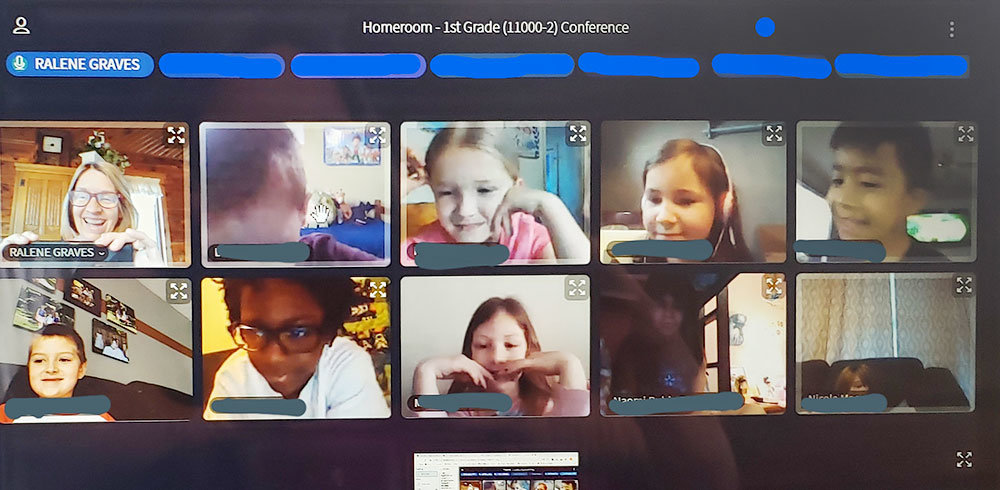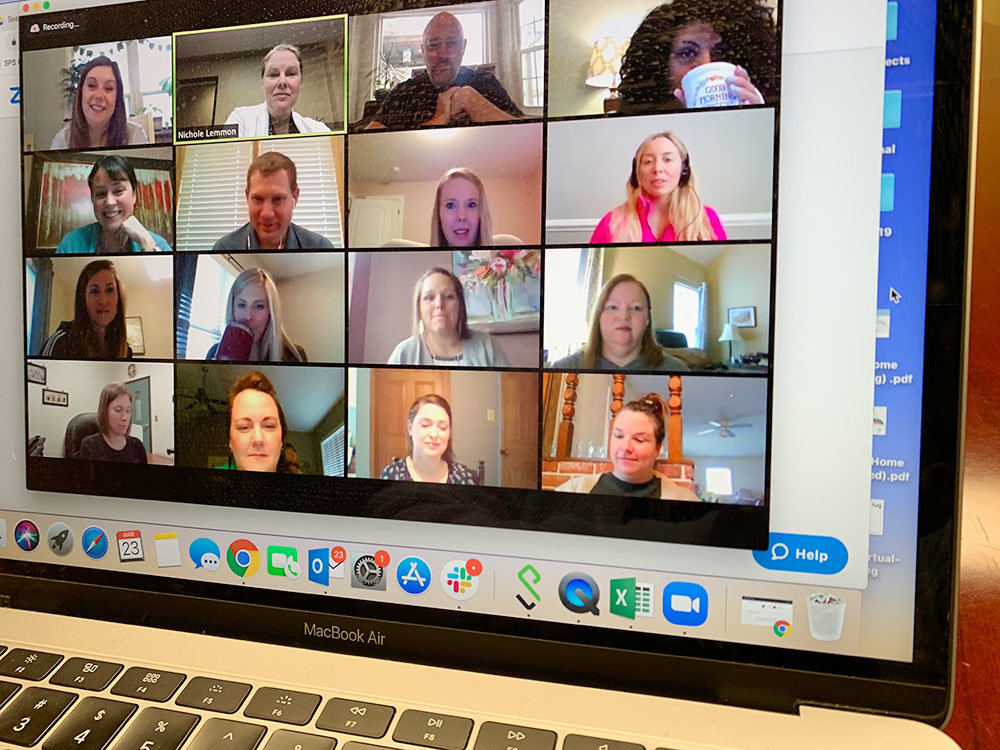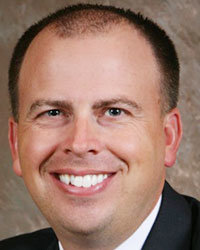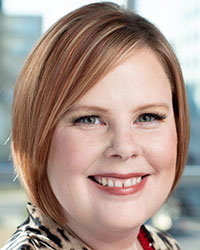YOUR BUSINESS AUTHORITY
Springfield, MO
YOUR BUSINESS AUTHORITY
Springfield, MO








Without realizing it, Springfield Public Schools had been preparing for the coronavirus pandemic for nearly a decade.
The largest school district in the state had invested several millions of dollars and countless hours developing online learning platforms and course content. When district leadership chose to extend spring break for a week following the COVID-19 outbreak and subsequently moved school online May 30-April 24, the stage already had been set.
“While we didn’t know we were planning for a pandemic, we had taken steps for years to provide digital resources to our students and teachers, which puts us uniquely in a position to be ready for this,” said Nichole Lemmon, the district’s director of digital learning.
Nearly 25,000 students began online instruction in the past week; fueled by roughly 4,000 educators, support staff, administration and nutrition services personnel. Additionally, during the week of March 23, 67,000 free meals were distributed through drive-thru pickups at SPS schools, said Superintendent John Jungmann, and 96% of students received a personal call from a nurse, counselor or teacher to evaluate needs.
“Our No. 1 focus is taking care of students during this time through relationships with them on a daily basis – keeping our teachers connected with our kids,” Jungmann said. “Once that is established, [we’re] continuing to have high expectations for learning.”
Lemmon said the district began the conversation on digital learning in 2012. That’s when it adopted Canvas, an online learning management platform. Six years ago, she said students and teachers were equipped with their own laptops or tablets.
“Nothing is from scratch because they have been learning these tools,” Lemmon said. “What they will find is a really robust system of virtual labs, virtual field trips, short videos and lots of interaction.”
She said teachers have been asked to host three hours of conferencing, class meetings or small-group instruction daily. Students can work through their own assignments on Canvas, and every elementary student also was mailed a workbook developed over the past few weeks for offline activities. She said the cancellation of statewide assessments has relieved some of the pressure from teachers and students as the end of the semester nears.
At Weller Elementary School, Principal Rebecca Donaldson said the technologies being deployed for virtual learning are familiar to students and teachers.
“We are far, far ahead of the curve,” she said. “Our teachers have been creating courses, doing discussion boards even all the way down to first grade. … The kids have always gotten onto Canvas during their instructional technology time.”
But not all students have the infrastructure for online learning at home. At Weller, there is a high number of economically disadvantaged students.
Jungmann said the district is committed to providing each student with at-home internet access. The SPS Board of Education last month approved the purchase of 2,000 mobile hot spots for $370,000. The district already had 800 in use, primarily for high school students.
Lemmon said city and county stay-at-home orders in Missouri have been taxing on districts without technology and infrastructure in place.
“What we’re really seeing … is just this great divide between rural and urban Missouri,” she said. “The rural internet crisis in this state is going to come to light if it hasn’t in the past few days.”
But the district isn’t only focusing on its own students. Jungmann said its online course platform, dubbed Launch, has served for years as Missouri’s online school, with over 250 districts across the state accessing content. Over 20,000 students were enrolled before the coronavirus pandemic, and an additional 40,000 across Missouri signed up just in the past few weeks. Access to courses is being provided at no charge.
“We obviously can’t staff up for all that, but most of these districts have teachers, they just might not have an online content management system,” he said.
Lemmon said the quick work to move classes online is virtual education’s time to shine.
“I am so proud that we’ve done this well for so long,” she said. “This is my 20th year in our school district. I turned to a friend and said, ‘I feel like my entire career has led to this moment.’”
A franchise store of a Branson West-based quilting business made its Queen City debut; Grateful Vase launched in Lebanon; and Branson entertainment venue The Social Birdy had its grand opening.

